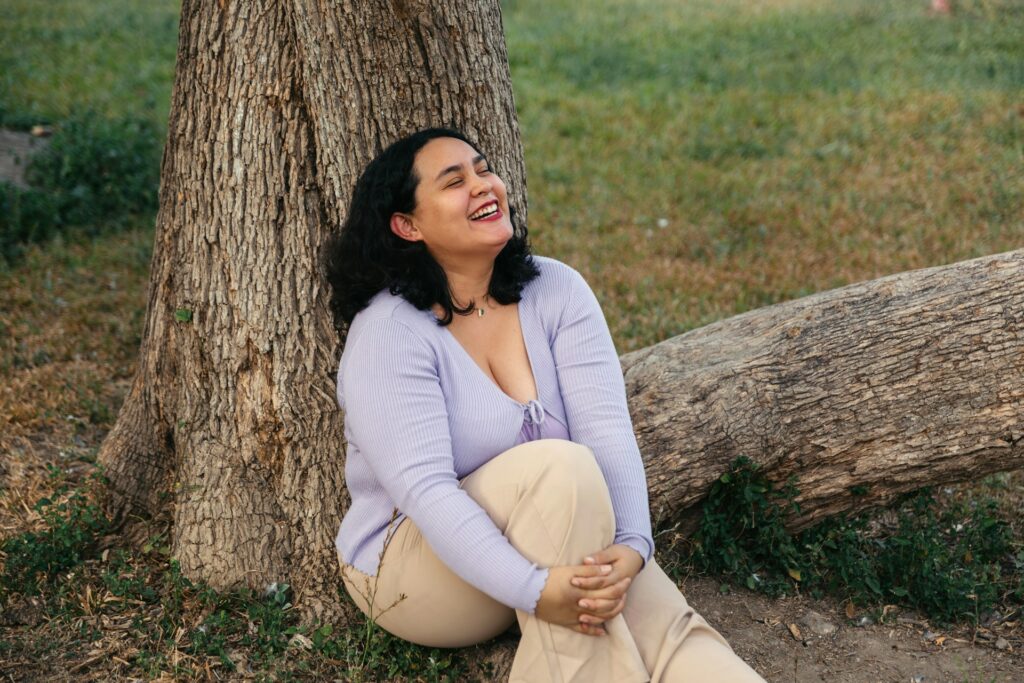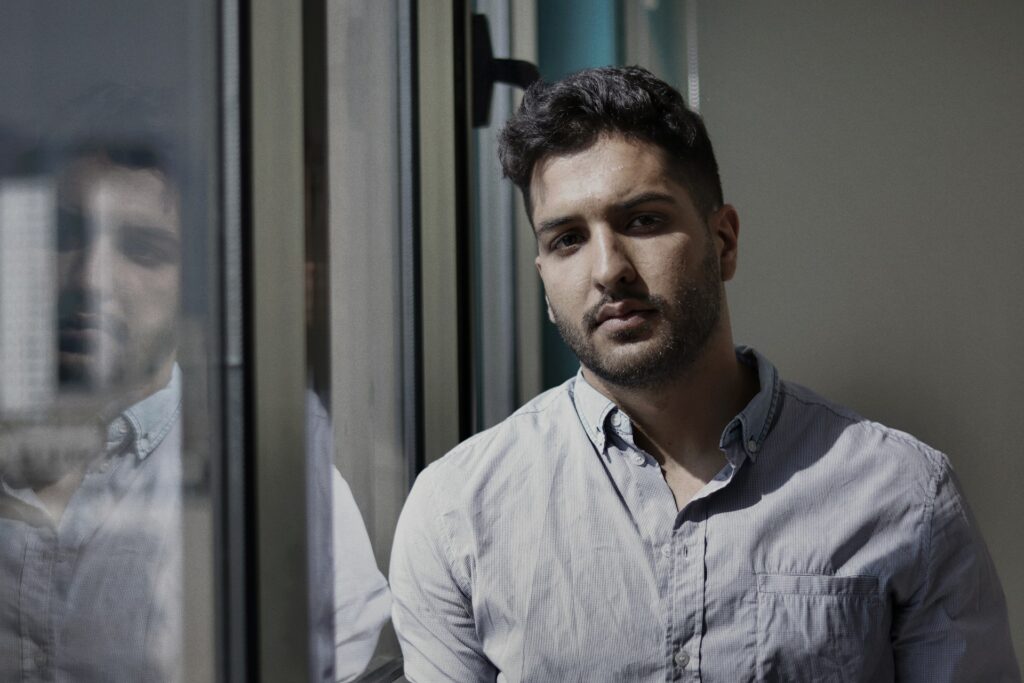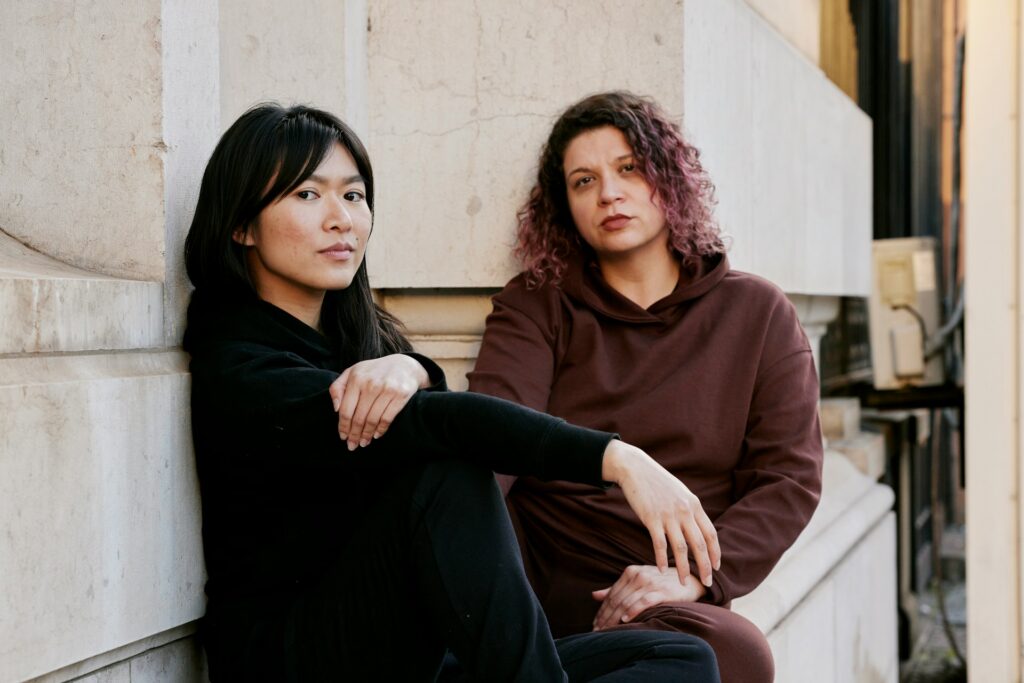You can go years chasing things that don’t quite land—jobs, relationships, goals, experiences—without fully understanding why they leave you restless.

However, something changes when you start to see what you’re actually looking for beneath it all. Life doesn’t just feel different—it starts making more sense. It may take you longer than you’d like to get to this point, but once you do, you experience a whole new sense of peace and joy—and these things, too.
1. You stop chasing surface-level rewards that never satisfy.

Once you understand what you’re really after—peace, connection, meaning—you start to notice how often you’ve been reaching for substitutes. The validation, the applause, the packed calendar, the constant productivity—they might look like progress, but they rarely hit that deeper need.
You no longer fall for quick wins or shiny distractions the way you used to. You start noticing what actually feels fulfilling, and what just gives you a temporary boost before leaving you emptier. That realisation helps you filter where your energy goes, and why.
2. You start noticing when something’s almost right, but not quite.

Before this change, you might have settled for things that were fine on paper but didn’t fully land. You told yourself, “This should be enough,” even while something in you felt slightly off. But now, the gap between “close” and “true fit” feels sharper.
You begin to feel the difference between being comfortable and being deeply aligned. That awareness doesn’t make decisions easier, but it does make them clearer. You know when something’s a placeholder, and when something has roots.
3. You stop blaming yourself for being hard to please.

For a long time, you might’ve thought you were the problem—too sensitive, too picky, never satisfied. However, once you identify the deeper need you’ve been moving toward all along, you realise it was never about being difficult. You were just aiming at the wrong target.
Now, you give yourself permission to want more—not in a greedy way, but in a grounded, honest way. You stop apologising for not being okay with “almost enough,” and you start trusting that your longing is there for a reason.
4. You become less impressed by things that used to pull you in.

You might’ve once craved status, attention, a certain lifestyle. Those things felt like success because they came with approval and certainty, but now, they feel a little hollow. You’re not chasing optics anymore—you’re looking for resonance.
That doesn’t mean you lose ambition. It just means your ambition changes. You care less about how things look and more about how they feel. That calm recalibration starts showing up in your choices, your schedule, and even your conversations.
5. You begin to pay more attention to how things make you feel.

You’re no longer only asking, “Is this the right thing to do?” You’re asking, “How do I feel in this space, with this person, doing this thing?” That shift in focus changes everything. Your body starts becoming your compass. Instead of powering through discomfort or overriding your gut, you start listening. Plus, what once felt like confusion starts becoming clarity—the kind that lives in your bones, not just your head.
6. You become less reactive and more intentional.

Before you knew what you were truly looking for, life felt like one long string of reactions. You said yes to things without knowing why. You got swept up in other people’s urgency or expectations. You chased what everyone else was chasing.
Now, there’s a pause. You don’t jump in as quickly. You notice when something feels out of sync, and you give yourself time to respond, not just react. That space gives you more control, not just over your choices, but over how much of yourself you lose in the process.
7. You stop needing people to understand your decisions.

Once you’re grounded in what you really value, you stop needing external approval to justify your direction. You might take paths that confuse other people—leave something stable, turn down something shiny, prioritise something quiet. But you know why you’re doing it.
That knowing gives you calm. You’re no longer trying to explain yourself to people who aren’t on the same path. You stop looking for applause. Instead, you feel a kind of private alignment that doesn’t need to be validated.
8. You notice where you’ve been outsourcing meaning.

Maybe you once expected a relationship, job, or city to make you feel whole. However, once you understand what you’re really looking for—maybe a sense of belonging, purpose, or peace—you realise those things can’t be handed to you. They have to be built, slowly, from the inside out. That realisation is sobering, but also freeing. You stop expecting the external world to fix something internal. That change allows you to start creating meaning, not just searching for it.
9. You become more patient with the process.

When you’re unclear about what you want, everything feels urgent. You’re always pushing, striving, pivoting. However, once you name the deeper thing you’re looking for, you relax a little. You know where you’re headed, even if you’re not there yet. That knowing helps you tolerate the in-between. You no longer need instant answers or overnight change. You start trusting that the right things are worth waiting for, and that peace comes from alignment, not speed.
10. You realise how much of life was lived on autopilot.

Looking back, you start to see how often you were just going through the motions. Doing what was expected. Following the next logical step. Performing success. It wasn’t fake, but it also wasn’t fully you.
Now that you know what you’re really looking for, the autopilot switches off. You become more awake in your own life. You start choosing with intention, moving slower, listening harder. While everything around you might look the same, how you experience it—feels completely different.


